What is an electronic board called?
An electronic board is commonly referred to as a printed
circuit board (PCB). It is a board made of insulating material (such as
fiberglass or plastic) with conductive pathways etched onto its surface. These
pathways connect various components, such as transistors and integrated
circuits, to create an electronic circuit.
 |
| electronic board |
What
is the use of electronic board?
Electronic boards, or printed circuit boards (PCBs), are
used as the foundation for many electronic devices and appliances. They provide
a convenient and organized way to connect and control the various components of
an electronic circuit. Some common uses of electronic boards include:
- Controlling and powering electronic devices, such as
computers, smartphones, and televisions
- Regulating and distributing power in appliances and
industrial equipment
- Managing and analyzing data in scientific instruments
and medical equipment
- Operating and controlling machinery, such as robots and
automobiles
Overall,
electronic boards play a critical role in the functioning of many modern
devices, making them an essential component of our everyday lives.
What
are the types of electronic boards?
There are several different types of electronic boards or
printed circuit boards (PCBs), each with their own specific properties and
uses. Some common types include:
- Single-sided PCBs: These are the simplest type of PCBs,
with conductive pathways on only one side of the board. They are the least
expensive and easiest to manufacture, making them ideal for simple
electronic circuits.
- Double-sided PCBs: These have conductive pathways on
both sides of the board. They are more complex and expensive than
single-sided PCBs, but they can also support more complex circuits.
- Multi-layer PCBs: These have conductive pathways on
multiple layers within the board, often separated by insulating layers.
They are the most complex and expensive type of PCBs, but they also offer
the most flexibility and functionality, making them ideal for high-density
electronic circuits.
- Flexible PCBs: These are made of flexible materials
such as polyamide or polyester, allowing them to bend or flex. They are
commonly used in applications where mechanical movement or stress is
present, such as in portable devices or robotics.
- Rigid-Flex PCBs: These boards have a combination of
both rigid and flexible sections. They are used in applications where a
combination of both, the flexibility and rigidity is needed. Such as in
aerospace and military applications.
- Metal Core PCBs: These PCBs have a base metal such as aluminum or copper as their core. They are used in applications where heat dissipation is crucial, such as in power electronics and LED lighting.
This
is not an exhaustive list, and new types of PCBs are being developed all the
time to meet the demands of new technologies.
What
is a circuit board in electronics?
A circuit board in electronics, also known as a printed
circuit board (PCB), is a board made of insulating material (such as fiberglass
or plastic) with conductive pathways etched onto its surface. These pathways
connect various electronic components, such as transistors, integrated
circuits, and diodes, to create an electronic circuit. The circuit board
provides a compact and organized way to connect these components and to control
the flow of electricity through the circuit. They come in different types and
sizes, depending on the application and complexity of the circuit. Some circuit
boards are simple single-sided boards, while others are multi-layered and more
complex, containing multiple layers of conductive pathways. Circuit boards are
found in a wide range of electronic devices, from simple electronic toys to
complex industrial equipment.




0 Comments